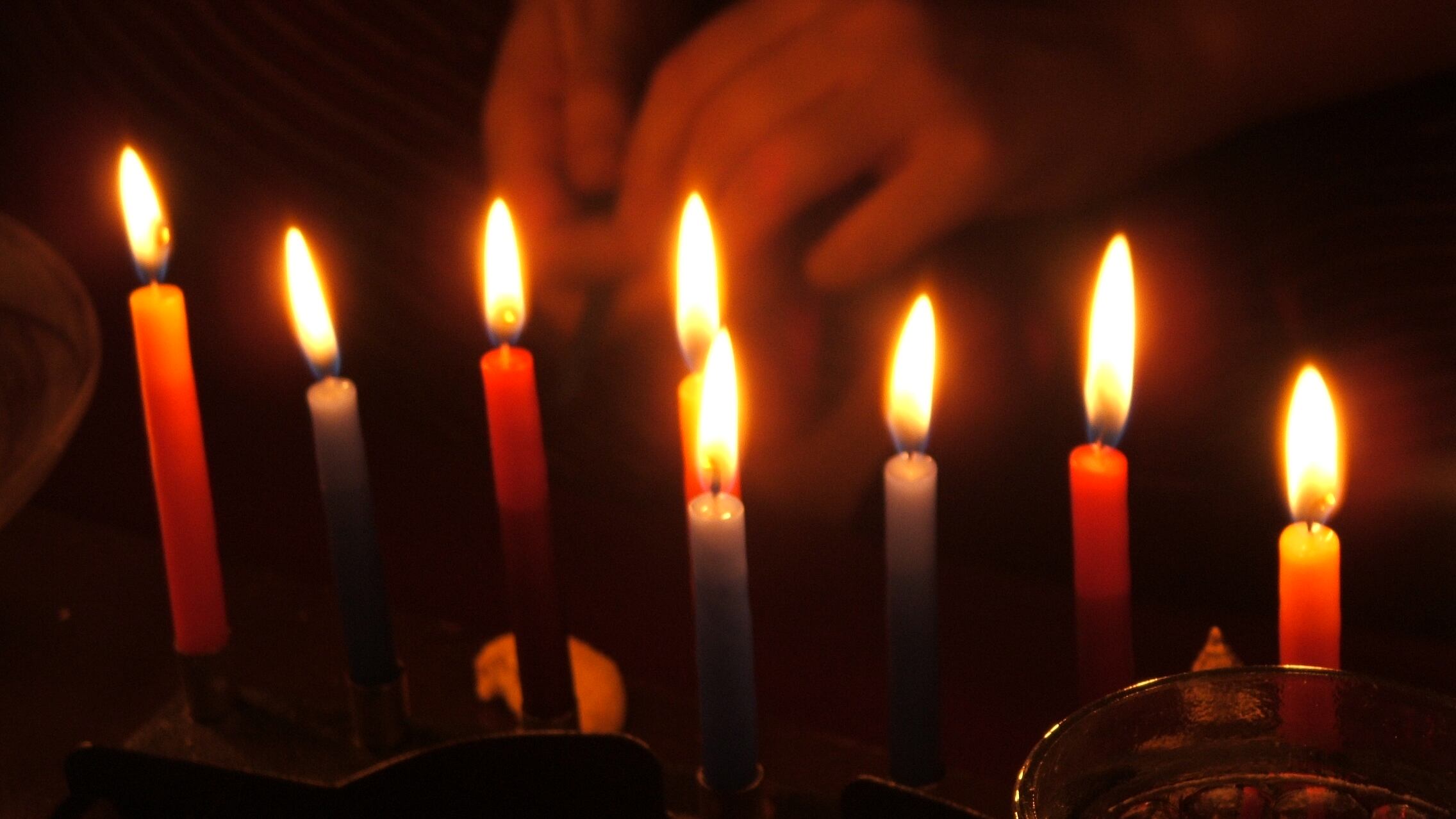The threat of antisemitic violence and grief over those lost in the Israel-Hamas war has cast a shadow over USC’s Jewish community that seems likely to spread into celebrations of Hanukkah.
Hanukkah is a Jewish festival commemorating the retaking of Jerusalem by Jewish rebels in the 2nd Century BCE. The festival, which begins this year on December 7 and lasts until December 15, is observed for eight days and eight nights and is celebrated with traditional songs, eating oil-based foods, and various activities like playing the game of dreidel.
The lighting of the Menorah is one of the holiday’s famed traditions. The menorah consists of nine branches, each holding a candle to be lit subsequently each evening. One of the candles is used to light the others, making the Menorah tradition last the eight days of the festivities.
Sara Benor, a professor of linguistics at USC with expertise in Jewish languages, said that the holiday is “celebrated with blessings and lighting the menorah and various fun activities and sweet treats; and in modern times, the celebration of Hanukkah has been influenced by Christmas, and so it also involves decorations and gift giving.”
While Hanukkah is traditionally a joyous celebration, this year may be different.
“People’s festivities will be tempered by the ongoing hostilities and the fact that the hostages are still in captivity. So I think a lot of Jews who are concerned about that will feel a little bit less happy in this happy season than they normally do,” Benor said.
Some USC students feel similarly.
“It’s definitely more of a time of mourning this year, I would argue because so many Jewish families have been impacted by what’s going on with the war,” said Ava Browne, a Jewish student at USC studying film.
Browne continued to explain that some of her family members won’t be present during this year’s celebrations because they can’t travel back from Israel.
“This year there’s going to be a candle lit for people in Israel for sure on our menorah, which is something that probably wouldn’t have happened in prior years,” Browne said.
Growing antisemitism in the U.S., and on college campuses specifically, is also influencing this year’s celebration of Hanukkah. “The war has just made being Jewish sort of scary. I’m very proud to be Jewish, but I definitely feel like I’m afraid to be preaching about it at all right now. It’s just going to be more of a coming together theme this year,” she said. ”I think it’s still going to be joyful, but I think it’s going to also be a lot of mourning.”
